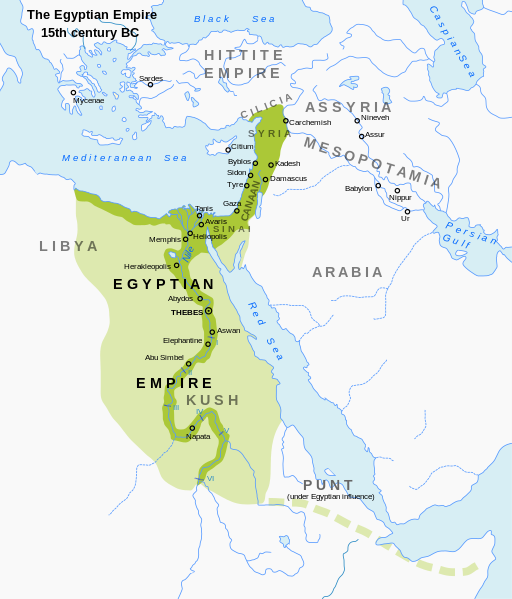Jonathon, welcome to reality.
Thoughtful people have left records of similar journeys. Somewhere in my messy hard disc (or, was it the last one ?-grin) I have some information on Indian thinkers arriving at this same conclusion. I cant find that talk about it, but I can expound on a Chinese thinker's journey (a little further on in this post).
During our long intellectual imprisonment within the grim gray walls of the giant watchtower, there were clearly defined limits to out thinking capacity, but paradoxically it was a certain Watchtower issue that led me to eventual freedom. That long forgotten issue discussed the hebrew word mezimbah, which the WT translated as 'thinking ability'. I came to prize that ability - a very dangerous thing in a totalitarian organisation, though I suggest that in practise, the WTS was not quite as totalitarian as we may think. Private thoughts were one thing, it seems, but what they feared was public discussion and probable ensuing dissension.
So anyway, I also escaped.
But back to my Chinese friends. In the first century CE, Wang Chong, for example, resisted orthodoxy and the sanctification of texts. He advocated developing a strong sense of scepticism, and maybe helped (along with others) free Chinese minds from dogma and tradition. Yang Zhu asked, "what is life for?" And, thought only two things were worth seeking - music and sex! And, since both good and bad men all die, he wrote, " Let us hasten to enjoy our present life. Why bother about what comes after death?"
And, by the fourth century CE, while western thinking was wrapping itself in theocracy, Guo Xiang realised, " ... everything creates itself without the direction of any creator."
Of course, there were other schools of thought in East Asian thinking, and some tendencies were toward mental enslavement, but the great tradition from the time of Kongzi and Mencius was toward scepticism.
As a student of China, it's quite fascinating to see how Chinese political affairs are organised pragmatically, whereas western political thinking is organised on dogma.




